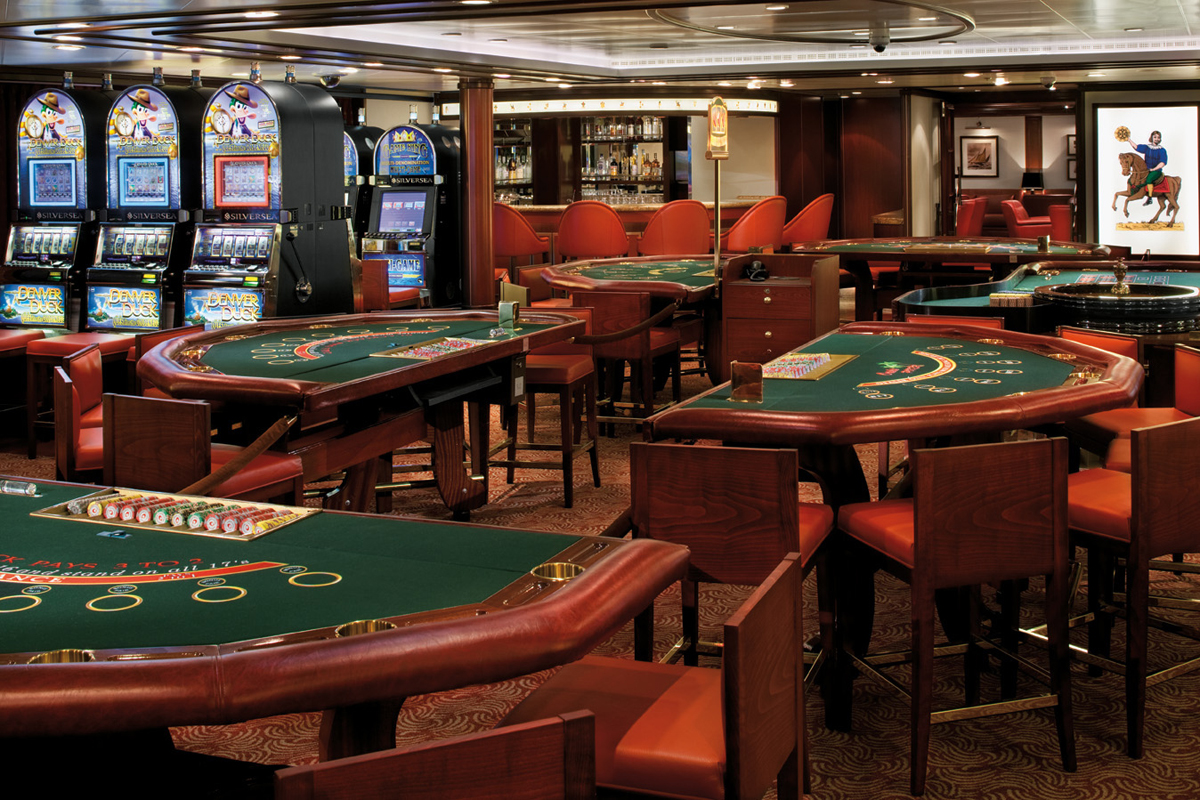
Gambling games have captivated for years a diverse audience, delivering not only the excitement of risk but also a unique experience crafted for different types of players. From the strategic minds who excel at strategic thinking to recreational players seeking entertainment, casinos are aware of the details of their audience and develop games that cater to these varied interests.
In investigating the world of casino games, we discover a variety of options that appeal to every kind of player. Poker tables with high stakes attract those who are competitive, while colorful slot machines appeal to players who seek instant gratification. Whether it’s about the allure of winning big or simply relishing the social environment, casinos design their game offerings to ensure that all players find a place where they feel welcome and involved. Comprehending how these games are designed for diverse types of players can enhance not only our enjoyment of them but also our method for choosing which games to play.
Understanding Player Groups
In the multifaceted world of casino games, players can be categorized into specific categories based on their incentives and likings. These gamer kinds range from the casual and social gamers, who enjoy the entertainment value and community connections that gambling provides, to the more analytical and calculated players, who seek to boost their chances and gains. Understanding these various player types is essential for casinos to tailor their offerings and create immersive environments.
One popular category is the group-oriented player, who sees casino games as a form of group interaction and fun rather than a serious gambling pursuit. These participants often enjoy games that encourage participation and camaraderie, such as group-based games. Their emphasis is on the process rather than the outcome, so vibrant atmospheres and mutual moments are what they value the most.
On the other end of the range, tactical players are inspired by contest and the pursuit of expertise. They tend to be drawn toward games that require tactical planning and strategy, such as blackjack, where their skills can influence the result. This category often engages with the games on a deeper level, utilizing expertise and strategies to secure an edge. Comprehending these drives allows casinos to build atmospheres and game selections that suit to each participant’s distinct preferences.
Strategies for Game Design
Gambling games are created with varied player types in mind, employing various strategies to draw in and capture them. For casual players, the focus is on ease and ease of understanding. Games like slot machines are often visually appealing with simple mechanics. This enables players to experience the gameplay without a steep learning curve, creating an inviting atmosphere. Đăng ký 78win The vibrant hues, engaging audio, and themes create a playful environment where players can easily get involved and entertained.
For strategic players who enjoy a deeper level of involvement, games such as poker and blackjack offer depth and skill-based elements. These games feature strategy and tactical choices, attracting to players who excel on challenge and want to utilize their mental skills. The design of these games often includes intricate rules and mechanics that challenge players to hone their skills and develop strategies over time, creating a fulfilling experience for those who enjoy mastering the game.
Additionally, social players are considered through games that highlight engagement and community. This comprises live casino options and multiplayer formats, which foster a sense of camaraderie among players. The design of these games typically incorporates chat features and social elements, allowing players to connect and share experiences. trang chủ 78win By creating an environment where interaction is promoted, casinos can effectively involve community players, making the gaming experience more enjoyable and unforgettable.
Enhancing Gamer Engagement
Betting titles have progressed notably to create a significantly entertaining atmosphere for participants. Application creators focus on immersive graphics, dynamic sound effects, and innovative game mechanics that pull players into the gaming environment. By utilizing tech, such as virtual reality and enhanced reality, casinos ensure that gamers feel as if they are part of a exciting environment, enhancing in addition to the pleasure of the activities but also the overall experience of being in a gambling venue.
Social interaction is another important element in boosting player experience in casino games. Several titles are developed to facilitate communication among participants, whether through multiplayer formats or messaging options. This interactive component attracts participants who like connecting with others while engaging, promoting a feeling of community. In addition, community aspects can feature leaderboards, contests, and rewards for collaborative engagement, which attract determined participants and motivate them to come back for additional.
Lastly, personalization plays a pivotal role in adapting the experience for various player types. Casinos and game developers study participant habits and preferences to provide personalized gaming recommendations and benefits. By grasping the individual interests of gamers, casinos can provide customized offers, incentives, and new game releases that satisfy each individual, thus boosting their complete engagement and devotion to the gaming venue.
